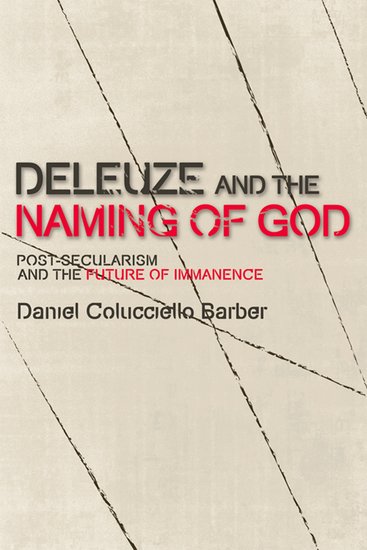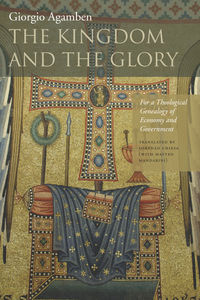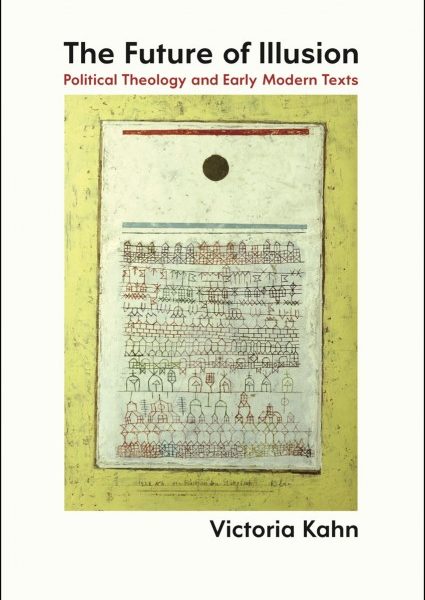
This book emerged from my attempt to understand what is going on when Deleuze’s philosophy speaks about creation. Along these lines, “Deleuze and creation” names the problematic that consistently runs throughout the book, even as addressing this problematic requires working within the distinct registers of the philosophical, the theological, and the political.

For years now, one of Giorgio Agamben’s major concerns has been the fracture that lies at the heart of modern humanity (i.e. humanity’s sense of sovereignty). This is something he has described in a variety of contexts as that which divides the experience of something from one’s knowledge of it (cf. his Infancy and History). Due to such a fracture, we are no longer able to experience life as we ought to. The task of poetry (as it deals with our experiences) is subsequently forever divided from that of philosophy (that which deals with our knowledge). Such divisions, I would add, have since become the preeminent focus of Agamben’s work, taking him on a quest against all forms of representation that would sever the ‘thing itself’ from its image. These thoughts, moreover, have taken him toward an inspection of similar divisions said to lie at the base of our perceptions of the divine (i.e. God’s sovereignty). […]
